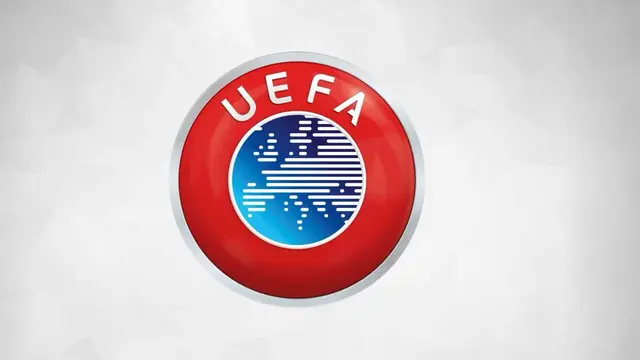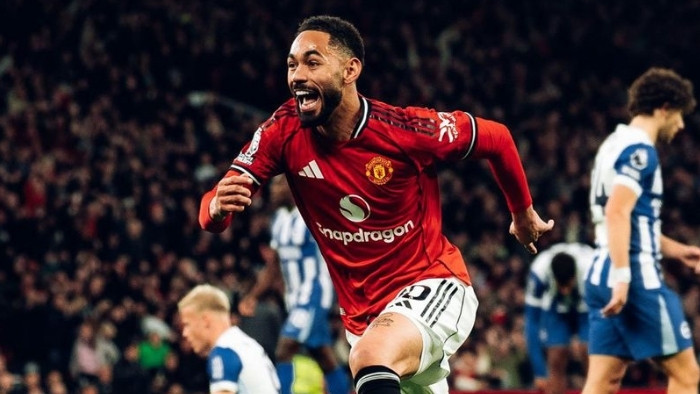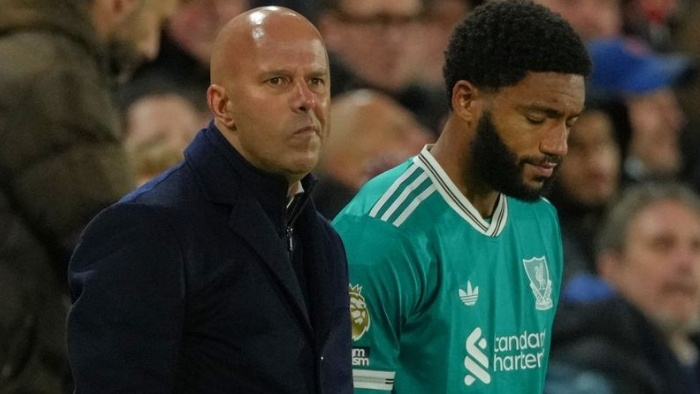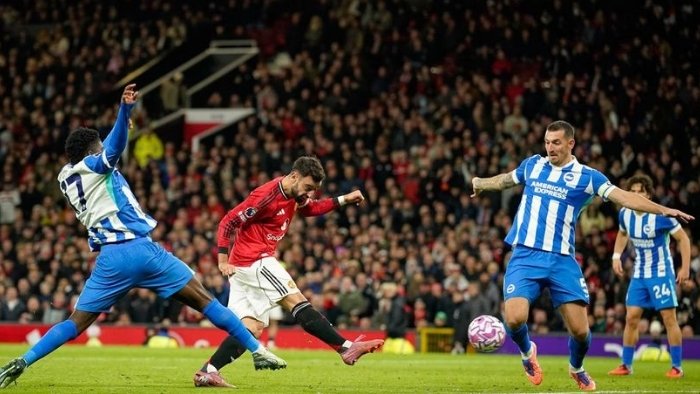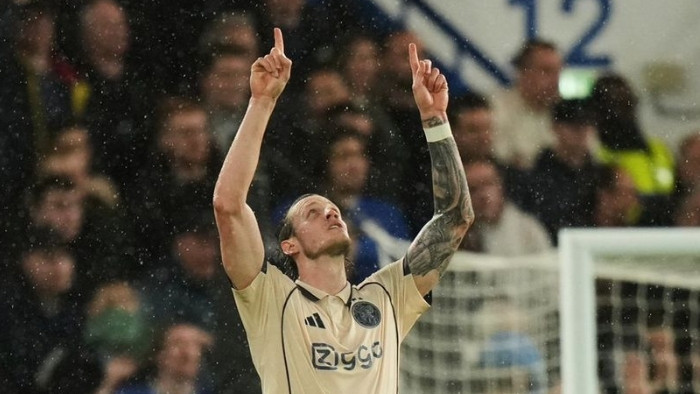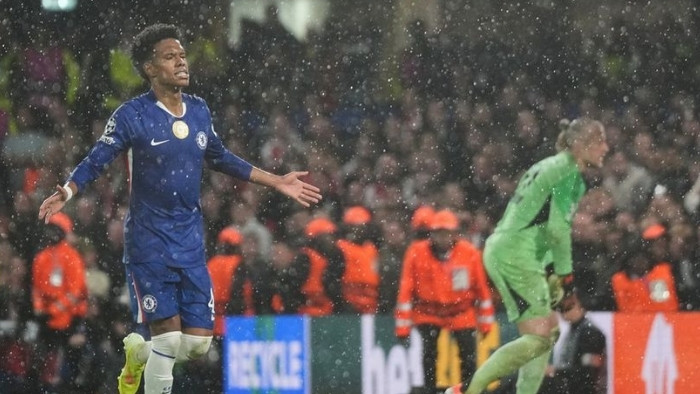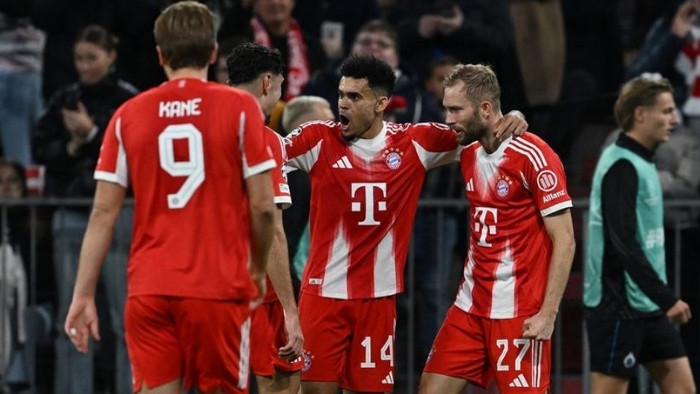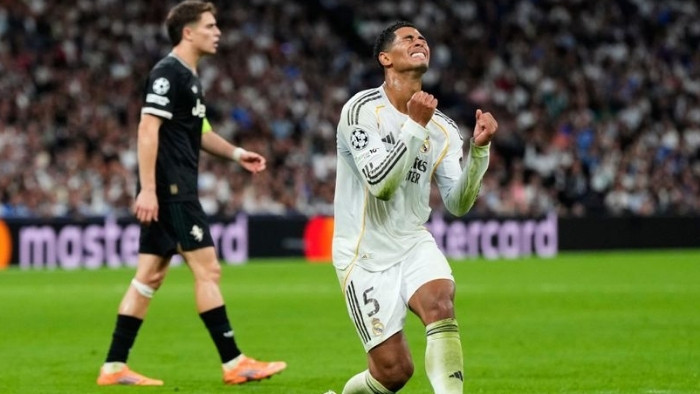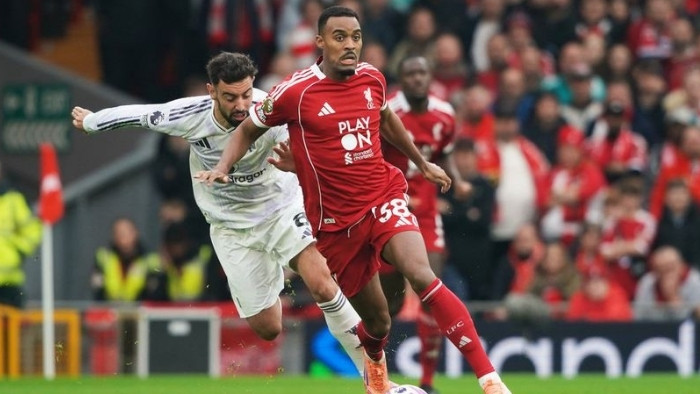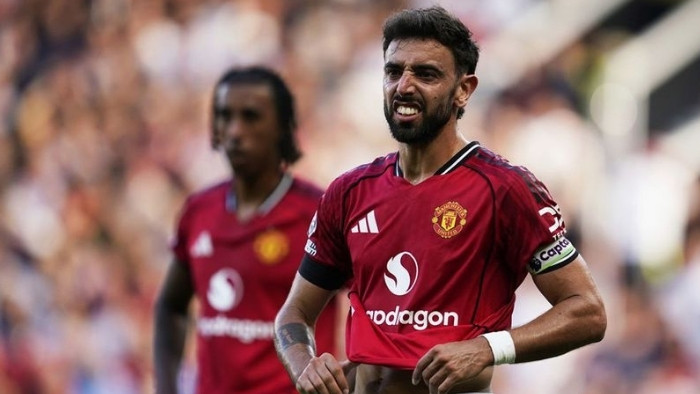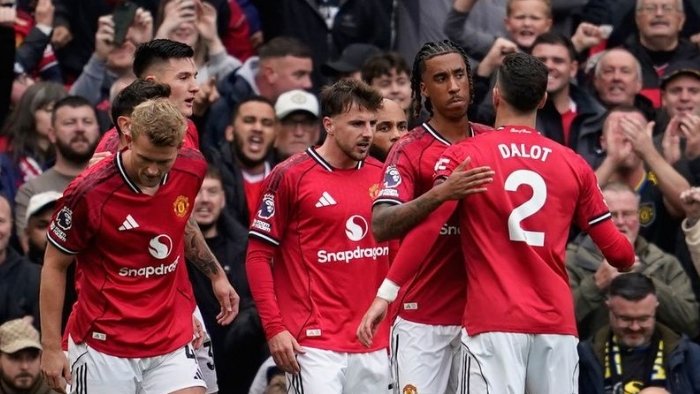9 Nations Reject Matches Against Russia
Controversy is once again shaking international football. Nine European nations have publicly declared they will not play against Russia in official UEFA or FIFA competitions. This firm stance is driven by ongoing geopolitical issues involving Russia, putting heavy pressure on the sports world.
The decision did not come without reason. These countries argue that allowing Russia to participate in official matches raises ethical concerns. Moreover, they aim to send a strong message that military aggression should not be legitimized through sport.
Nations Leading the Boycott
Several major European countries are part of this rejection. England, Poland, Sweden, and Norway have been the most vocal. In addition, other nations from Eastern Europe and Scandinavia have also voiced their support.
Although the exact number of participating countries may change, the united stance of these nine nations has already shaken both UEFA and FIFA. As a result, Russia now faces deeper isolation from international football competitions.
UEFA and FIFA’s Dilemma
UEFA and FIFA find themselves in a difficult position. On the one hand, they are bound by principles of fair play and non-discrimination. On the other hand, they cannot ignore the strong political stance of their member nations.
Previously, FIFA suspended Russia from international tournaments, while UEFA also barred Russian clubs from European competitions. This new boycott by nine countries only strengthens the existing isolation of Russian football.
Impact on International Football
This decision brings several consequences. First, official match schedules are disrupted. Second, Russia’s reputation in global football continues to deteriorate. Third, the Russian Football Federation faces mounting pressure from both inside and outside the sport.
For UEFA and FIFA, the boycott intensifies the call for clear and consistent decisions. Without firm action, public trust in football’s governing bodies could be undermined.
Public and Fan Reactions
The global football community remains divided. Some support the nine nations’ stance, seeing it as a show of solidarity. Others, however, believe that politics should remain separate from sports.
Nevertheless, the majority of fans in the boycotting countries strongly support their federations. For them, football should not serve as a political tool, especially in legitimizing conflict.
What Lies Ahead
This controversy highlights how deeply politics and sport are intertwined. With nine nations refusing to face Russia, UEFA and FIFA are expected to take a consistent and transparent stance. Otherwise, similar conflicts will likely continue in the future.
Furthermore, the global football community must look for long-term solutions to ensure the sport remains a unifying platform. In this regard, transparency and fairness from governing bodies are essential.
Conclusion
The refusal of nine nations to face Russia in official UEFA and FIFA competitions marks a new chapter in football’s geopolitical controversy. This move not only reflects political realities but also tests the integrity of international football federations.
As long as the conflict persists, Russia will likely remain isolated. For global football, this serves as a reminder that sport cannot be fully separated from global political dynamics.
